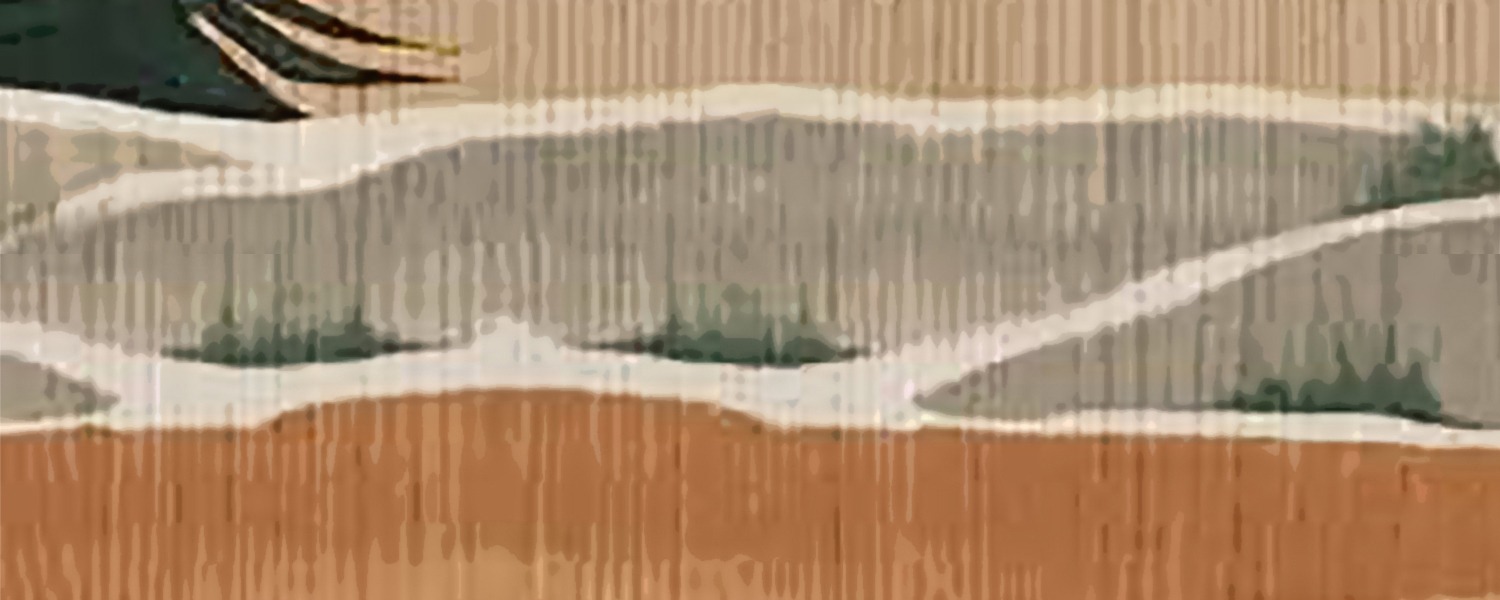Friday, June 27, 2025
In a resounding victory, on June 17, 2025, the Ontario Superior Court ruled in favour of Naicatchwenin First Nation, Nigigoonsiminikaaning First Nation, Couchiching First Nation, and Mitaanjigamiing First Nation (the “Agency One First Nations”) – in their long legal battle with the Town of Fort Frances (the “Town”) over ownership of former Agency One First Nations’ reserve lands.
OKT is proud to have represented the Agency One First Nations in this dispute.
The land at issue contained what is now known as “Point Park” at the mouth of the Rainy River. In 1908, the Agency One First Nations surrendered a part of their jointly held reserve in this location to Canada for sale to settlers. The land was never sold. Instead, Canada leased a portion of the land to the Town for 99 years for the purposes of a municipal park. At the end of the lease period, the Town asserted that despite signing a lease for the land, it actually owned Point Park and the surrendered lands.
The Town’s claim was heard by way of summary judgment in November 2024. The court decided that the Town has no legal or beneficial interest in the former reserve lands of the Agency One First Nations. The court also lifted a preservation order that kept Point Park in the possession of the Town for the duration of the lawsuit, which had been in place since 2010.
The Town recently announced that it accepts the court’s decision and will not appeal.
The Court’s Key Findings:
- The Reserve Was Properly Created
The Town argued that the Agency One Reserve was not properly created because of technicalities in the reserve creation process in Ontario in the late 19th century.[1] The court rejected this argument, confirming that the land was validly set aside as a reserve under Treaty 3, regardless of whether final approvals between governments had occurred.[2]
- No Land Was Given to the Town in 1908
The Town claimed that a 1908 Ontario Order in Council transferred part of the reserve to them in fee simple.[3] The court disagreed. Justice Fregeau found that the Order in Council simply helped resolve lingering jurisdictional issues between Ontario and Canada and did not transfer any ownership or permanent rights to the Town.[4]
- No Public Trust Was Created
The Town also claimed the 1908 Ontario Order in Council amounted to a public dedication of the land to the Town.[5] But the court concluded Canada lacked the intent to dedicate the land, and in fact offered the land to the Town through a lease.[6] The court decided that creating a public trust without consulting or compensating the First Nations would have been an obvious breach of the honour of the Crown.[7]
- Roads in Point Park Are Not Town Property
The Town argued that roads within Point Park had also been dedicated for public use and now belonged to the Town.[8] The court disagreed again, confirming that unsurrendered reserve lands could not be publicly dedicated, and provincial legislation, like the Municipal Act, that purports to dedicate roads did not apply to federal lands after the time of the surrender.[9]
- No Damages Owed to the Town
Finally, the Town sought financial compensation from Canada and Ontario. The court rejected the claim for damages, concluding that the Town was never in a fiduciary relationship with either Crown.[10] The court found that as a tenant subject to the terms of a lease, the Town cannot claim damages for funds it spent to improve and maintain Point Park.[11]
Conclusion
This decision is a triumph for the Agency One First Nations who have fought for many years to have their rights in their reserve lands recognized and protected. It also provides clarity that First Nations do retain an interest in the final disposition of unsold surrendered reserve lands. Entering into a surrender does not cause the First Nation’s interest to disappear. It also provides a strong rationale to resist claims that unsold surrendered reserve lands can be dedicated in trust to the public.
Read the full decision on CanLII: Couchiching First Nation et al. v. The Attorney General of Canada et al., 2025 ONSC 3602.
[1] Decision at para 144.
[2] Decision at paras 150-153.
[3] Decision at para 181.
[4] Decision at para 177.
[5] Decision at para 198.
[6] Decision at para 202.
[7] Decision at para 205.
[8] Decision at para 209.
[9] Decision at paras 210-212.
[10] Decision at para 217.
[11] Decision at para 220.
Related Posts

Ontario Heritage Trust v Hunter: Chippewas of Nawash Unceded First Nation’s rights to protect Nochemowenaing affirmed and encroachments ordered removed
Wednesday, July 9, 2025
In a recent victory, on June 6, 2025, the Ontario Superior Court ruled in favour of the Ontario Heritage Trust (“OHT”) and the Chippewas of Nawash…
Read More...
Saugeen Ojibway Nation’s Legal Fight for Land, Waters, and Decision-Making Rights
Wednesday, June 25, 2025
Last week, the Saugeen Ojibway Nation (SON) was in the news about how it is continuing to fight to protect the lands and waters of their…
Read More...
Ontario’s Proposed Bill 5 Will Be Devastating to Indigenous Rights and Interests
Monday, May 12, 2025 | Part 3
On April 17, 2025, the Government of Ontario introduced Bill 5, the dramatically-named Protect Ontario by Unleashing our Economy Act, 2025.
Read More...



